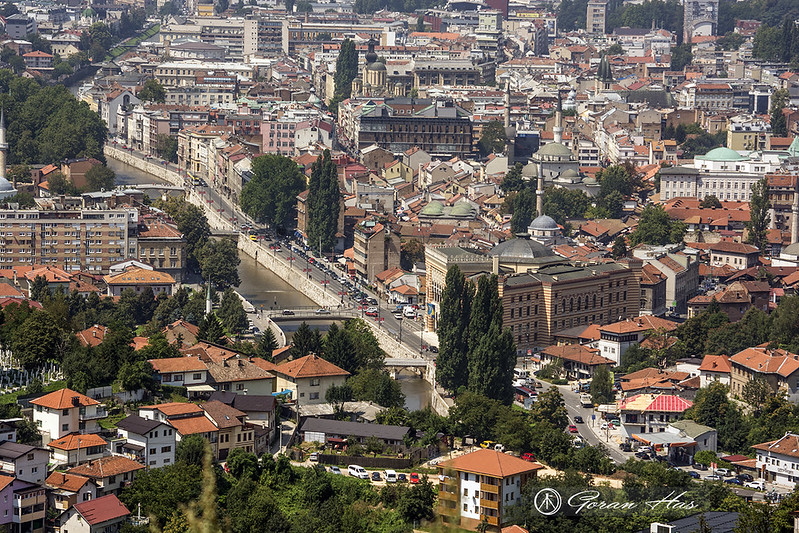Local elections took place in Bosnia-Herzegovina on November 15. The results are still not validated, but the coalition between the Social democratic Party (SDP), the Justice and People Party, Our Party and the Independent BiH List have won a majority in the city council of Sarajevo. Some of the members of the four-party opposition coalition in Sarajevo are former officials from the Party of Democratic Action (SDA). Some of them are even more radical nationalists than the SDA.
However, the new mayor of the capital city will be a representative from the SDP, Bogic Bogicevic. His nomination has been supported by all other members of the coalition and was eventually accepted by Bogicevic, triggering a veritable tsunami of reactions across the region and beyond. “A slap in the face of the nationalist parties – a Serb who in 1991 rejected Milosevic and the Yugoslav People’s Army (JNA) take the helm of Sarajevo,” the Croatian daily Jutarnji list wrote on November 18.
Who is Bogicevic?
Bogicevic is an ethnic Serb from the northeastern Bosnian town, Ugljevik. He was born in 1953 and was the youngest candidate in the 1989 referendum in Bosnia, on who should be its representative to the Yugoslav state presidency. His landslide victory set the stage for him to become a key actor in one of the most dramatic moments in the breakup of former Yugoslavia.
With his political background, moral authority, authenticity and honesty, Bogicevic became one of the few politicians not to be associated with political and corruption scandals, remaining a respected if not adored figure among the public.
Challenges and expectations
Bogicevic’s new post will, hopefully, be less dramatic than the one he held in the late 1980s in the Yugoslav Presidency, he still faces huge challenges – and even bigger expectations. One problem is that the powers of the Sarajevo mayor and the city council are actually limited and mainly procedural, since the complex structure of Bosnia’s Federation entity assigns most responsibilities either to the cantons or the municipalities.
This is reflected in its relatively small budget. The 2020 budget for the City of Sarajevo was set at only 9 million euros; by comparison, this year’s budgets for the city’s four municipalities of Stari Grad, Centar, Novo Sarajevo and Novi Grad ranged from 13 to 31 million euros. The budget of the Sarajevo Canton in 2020 exceeded half-a-billion euros. However, some say that an even greater challenge for Bogicevic will be saving, or reviving, the capital’s battered and faded civic character.
Sources: balkaninsight | SarajevoTimes | EuropeanWesternBalkans
Photo: Flickr



